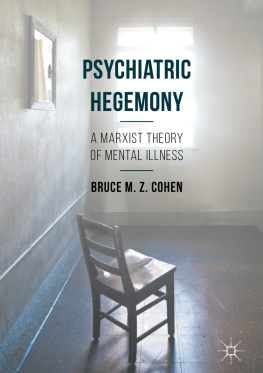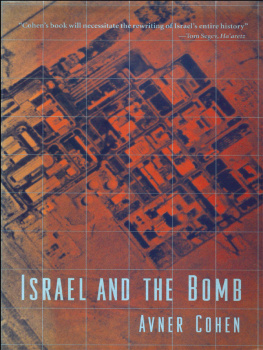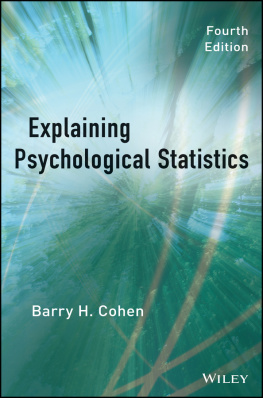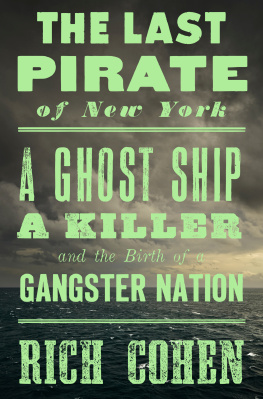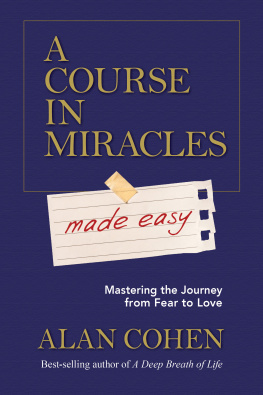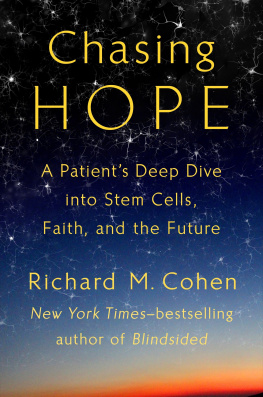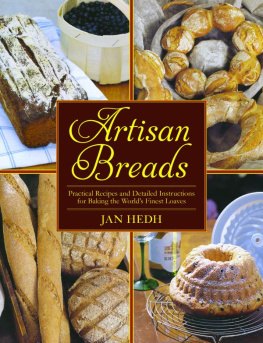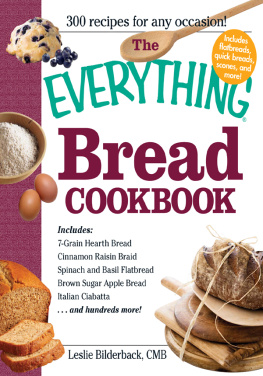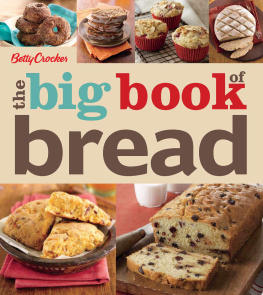
ARTISAN BREAD
100 YEARS OF TECHNIQUES AND RECIPES
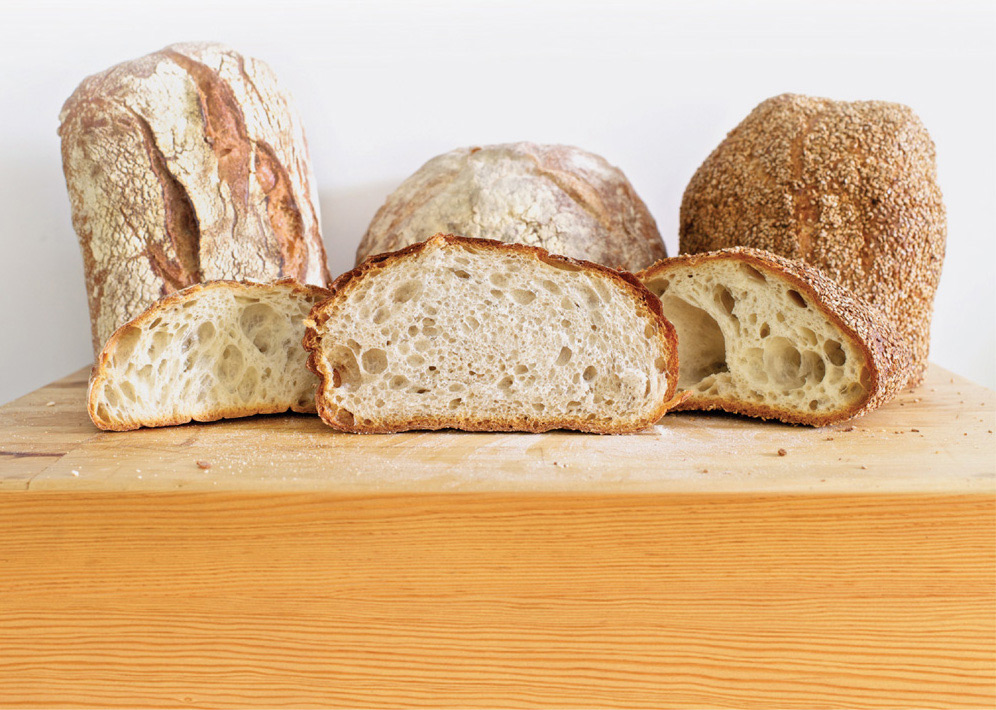

CONTENTS
Good bread is the most fundamentally satisfying of all foods; and good bread with fresh butter the greatest of feasts.
-James Beard
INTRODUCTION
When I taste a loaf of freshly baked bread, I sometimes think about how this humble and commonplace item on the dinner table has been such a prodigious part of our world for centuries, shaping not only our bodies, but also our cultures. Over the years bread has symbolized many things to many people: It has been a means of survival, a purveyor of comfort, an ambassador of peace, and the embodiment of heritage and tradition.
I often wonder, did I choose bread, or did bread choose me? Im not really sure. Like many college graduates before me, I was uncertain of what path I would take. In school I worked as a line cook, which sparked my interest in the culinary world. In need of a job, I began to wait tables in New Yorks Brooklyn Heights to pay the bills while I figured out what to do next. As luck would have it, I knew someone at an employment agency who felt I would be a good fit for a sales job at a small, artisanal wholesale bakery in Manhattan. One day in 1994, I went in for an interview and was hired on the spot. That job was my first and last job working for someone else. I stayed there for fourteen years, learning all facets of the business. I worked in sales, product development, quality control, operationsyou name it, I did it! When there was a blizzard, I was the person outside digging snow out from under the trucks that were buried in the mounds, to make sure the deliveries were made. In order to help boost sales, I began to get more involved in the production side of the business.
We blend ancient, classic techniques with modern thinking, ideas, and local ingredients.
A successful business must have happy customers. Customers are happy when theres a quality product. I began noticing there were some quality control issues, so I worked with the production team to troubleshoot these. I discovered that small changes can make a big difference, and this part of the job thrilled me. Troubleshooting comes naturally to me because Im an analytical person. I quickly began to see patterns that could help us improve the bread and create a more consistent product.
After fourteen years, the direction of the bakery shifted, and I was faced with the decision to either join another artisanal bakery or venture out on my own. I heard through word of mouth that Orwashers Bakery was for sale. Its rich history and longevity in an ever-changing city intrigued me. Orwashers has survived seventeen United States presidents, several economic upturns and downturns, and both World Wars. Its history is unmatchable, and I felt compelled to become a part of it.

When Orwashers Bakery first opened its doors in 1916, it continued the long, rich history of European bakeries that had come before it, serving up old world breads like traditional seeded rye, challah, and pumpernickel to the European immigrants who lived on the Upper East Side of Manhattan. The customers shopped more or less daily, buying freshly baked bread by the pound for their families. I am proud to say that, after taking over the ownership of the almost one-hundred-year-old bakery in 2007, Orwashers still continues this long-standing tradition of serving its Upper East Side neighbors the same hearty, old world breads, freshly baked every day.
Unlike many other artisanal bakeries that work hard to be the freshest, trendiest, or most unique store on the block, at Orwashers our benchmark is not something modern or of the future; it is of the past. We have reached back with flour-covered fingers in order to preserve the traditional breads from one hundred years ago, while at the same time procuring the future of artisanal bread making. In order to do that, we had to ask ourselves a few very important questions: How did our ancestors bake these robust, long-lasting, airy loaves of bread? Furthermore, how do we take what we know of the past and improve it for the customers we are serving today?
For me, baking is a passionate discipline that presents a daily challenge.
Our inspiration is our past. We rely on people, not machines, just as bakers did hundreds of years ago, to control the quality of our breadcreating, tasting, adjusting, and fine-tuning our recipes. Our bakers are passionate craftsmen who willingly engage in our slow, proven ritual. We follow traditional rules of bread-makinghand shaping, cutting, and bakingfor breads that give just the right amount of resistance when held and fill the air with a memorable, timeless scent, which says fresh baked right here, right now because they are.
We pay attention to our prefermentsour starters, levains, and bigas, which are alive, growing, and in need of constant care and nurturing. We blend ancient, classic techniques with more modern thinking, ideas, and local ingredients. We believe in long fermentation times to extract complex, delicious flavors, just as bakers did over one hundred years ago. And we always, always, always eat what we bake. Today. One hundred years ago. Forever.
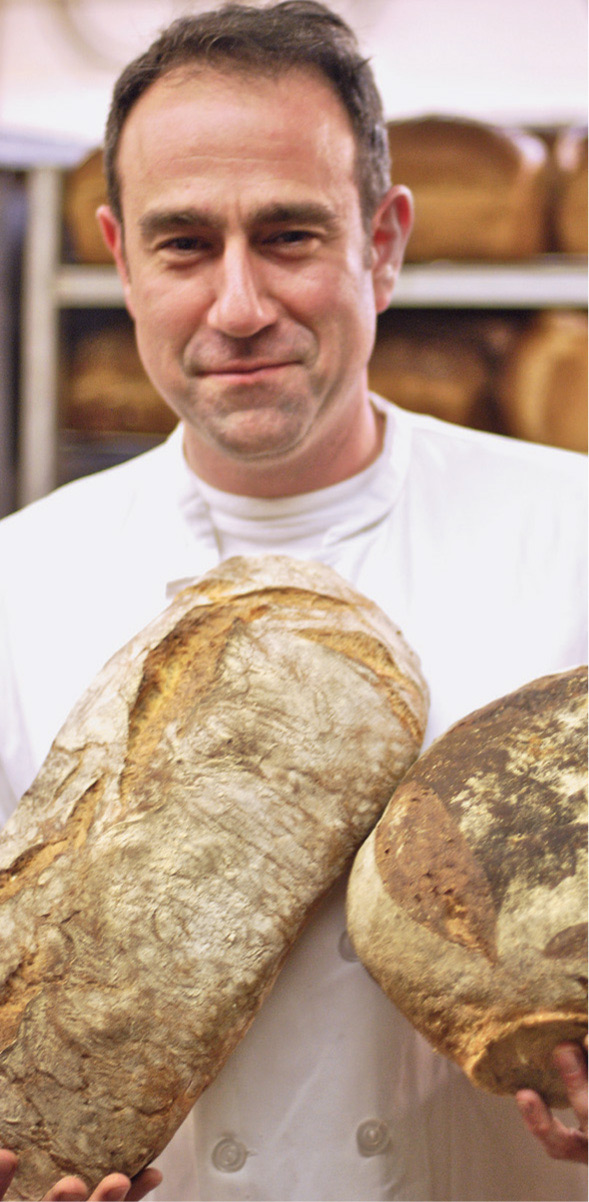
A typical morning at Orwashers Bakery: Keith surrounded by loaves of freshly baked bread.
For me, baking is a passionate discipline that presents a daily challengea challenge I love: to achieve that magical crust-to-crumb ratio. I didnt wake up one morning and say to myself, I want to be a bread baker, but I realized early on that I wanted to be the very best at what I do, and baking, it turns out, is what I do. What makes baking such a unique discipline? It calls upon so many different skills and areas of curiosity; it requires creativity, analysis, and troubleshooting. There is a history to the art of bread making, and a science to understanding how flour and water and yeast combine, and under what conditions to create that tasty comforting loaf that can be duplicated again and again. Baking requires the perfect mix of understanding history, chemistry, and physics, and an intense curiosity to discover how things work, all of which has been with me since I was a child. Baking gives me the ability to be incredibly creative, while satisfying my mechanical intuitions and thirst for science; tweaking the recipes has a huge effect on the product, so the kitchen becomes a laboratory. Almost the reverse of cooking, where you kill an animal or pick a vegetable from its roots to make your meal, baking actually requires you to create a living organism with live bacteria and cultures in order to achieve your finished productan astounding and magical ability. Honestly (aside from the obvious, of course), how many times in life does a person actually get to create a living thing?


